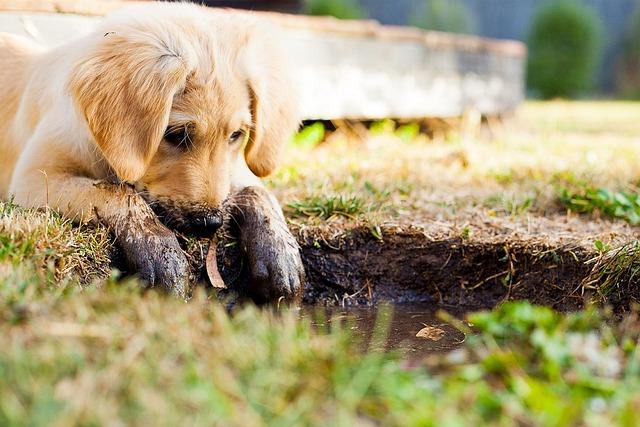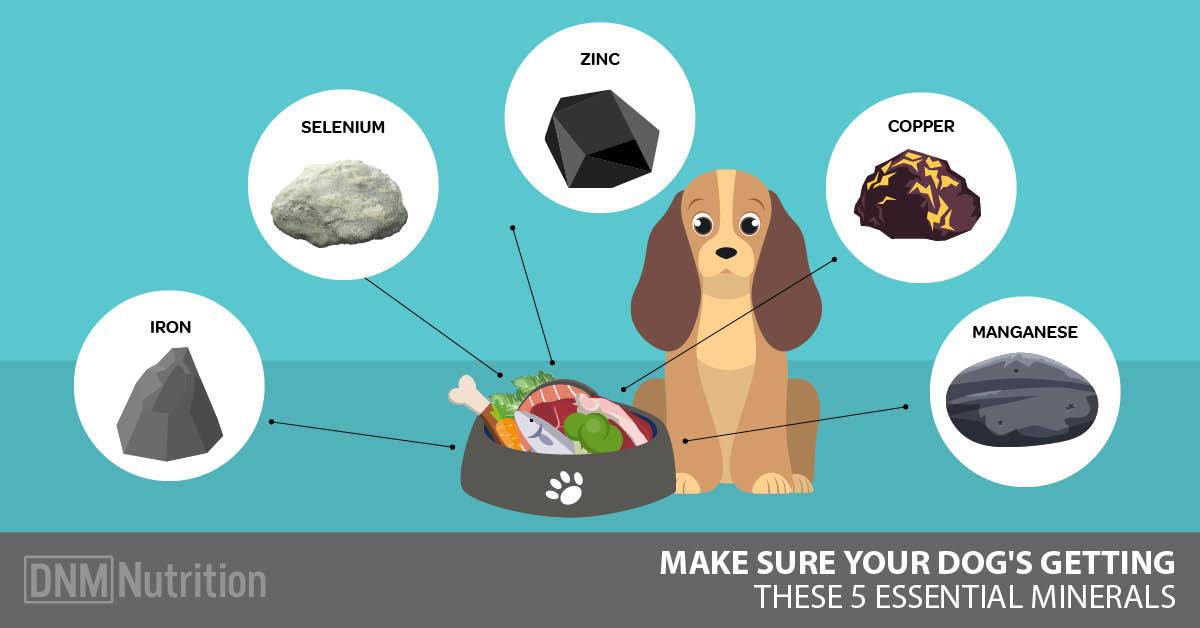Ensuring your furry friend leads a healthy and vibrant life goes beyond daily walks and playful fetch sessions—it starts with proper nutrition. Just like humans, dogs require a balanced diet rich in essential vitamins and minerals to support their overall well-being. These vital nutrients play a crucial role in everything from maintaining a glossy coat and strong bones to supporting a robust immune system and healthy digestion. In this article, we’ll guide you through the key vitamins and minerals your canine companion needs, helping you make informed choices that cater to their specific dietary requirements. Whether you’re a seasoned pet owner or new to the joys of dog companionship, understanding these nutritional building blocks will empower you to provide the best care for your beloved pet.
Understanding Your Dogs Nutritional Needs
Ensuring your furry companion receives the right balance of vitamins and minerals is crucial for their overall well-being. Just like humans, dogs require a variety of nutrients to maintain optimal health. Key vitamins and minerals can significantly impact their energy levels, coat condition, and even their immune system. Here are some essential nutrients to include in your dog’s diet:
- Vitamin A: Vital for maintaining healthy vision, skin, and coat. It’s also crucial for immune function.
- Vitamin D: Helps in the absorption of calcium and phosphorus, essential for strong bones and teeth.
- Vitamin E: Acts as an antioxidant, protecting cells from damage and supporting muscle function.
- Calcium: Essential for bone growth and maintenance, as well as nerve function and muscle contraction.
- Iron: Critical for forming red blood cells and transporting oxygen throughout the body.
- Zinc: Supports a healthy immune system, skin, and coat, and aids in wound healing.
It’s important to consult with your veterinarian to tailor these nutrients to your dog’s specific needs, as requirements can vary based on age, size, and activity level. By paying attention to these dietary essentials, you can help ensure your dog lives a long, healthy, and happy life.

Key Vitamins for a Happy, Healthy Pup
Ensuring your furry friend gets the right vitamins is crucial for their overall well-being and happiness. Dogs, like humans, require a balanced diet to thrive, and certain vitamins play a pivotal role in keeping them energetic and healthy. Here are some of the key vitamins your pup needs:
- Vitamin A: Essential for maintaining healthy skin and a shiny coat, this vitamin also supports your dog’s vision and immune system.
- Vitamin B Complex: A group of vitamins that support various functions, including red blood cell production, metabolism, and brain health. B vitamins are crucial for reducing stress and keeping your pup’s energy levels up.
- Vitamin C: While dogs can synthesize their own vitamin C, supplementing can boost their immune system, reduce inflammation, and act as an antioxidant.
- Vitamin D: Vital for bone health, vitamin D helps regulate calcium and phosphorus levels in your dog’s body.
- Vitamin E: An antioxidant that protects cells from damage, vitamin E is also important for maintaining healthy muscles and a robust immune system.
- Vitamin K: Crucial for blood clotting, ensuring that any cuts or injuries heal properly.
Incorporating these vitamins into your dog’s diet, either through high-quality dog food or supplements, can help ensure your pet lives a long, happy life. Always consult with a veterinarian before making any changes to your dog’s diet to ensure they receive the correct dosage and combination of vitamins.

Important Minerals to Support Your Dogs Well-being
Ensuring your furry companion receives the right minerals is key to their vitality and happiness. Calcium and phosphorus are fundamental for strong bones and teeth, supporting their active lifestyle. Without these, dogs may face skeletal issues that hinder their playful nature. Additionally, magnesium plays a crucial role in muscle function and energy production, helping your dog stay energetic and sprightly.
- Iron: Vital for oxygen transport in the blood, keeping your dog’s energy levels up.
- Zinc: Supports a healthy immune system and maintains a shiny, lush coat.
- Potassium: Essential for proper nerve function and maintaining fluid balance.
- Selenium: Acts as a powerful antioxidant, protecting cells from damage.
By integrating these minerals into your dog’s diet, either through balanced meals or supplements, you ensure a foundation for a long, joyful life. Always consult with a veterinarian to tailor the perfect mineral mix for your dog’s unique needs.

Practical Tips for Incorporating Nutrients into Your Dogs Diet
Enhancing your dog’s diet with essential vitamins and minerals can seem daunting, but with a few simple strategies, you can ensure your furry friend gets all the nutrients they need. Begin by integrating a variety of fresh foods into their meals. Leafy greens like spinach and kale are packed with vitamins A, C, and K, while carrots and sweet potatoes provide a boost of beta-carotene. If your pup enjoys fruits, try adding small amounts of blueberries or pumpkin for a natural source of antioxidants and fiber.
- Rotate Proteins: Introduce different sources such as chicken, turkey, or fish to supply essential amino acids and omega-3 fatty acids.
- Supplement Wisely: Consult with your vet about incorporating supplements like fish oil or glucosamine for joint health.
- Homemade Treats: Create nutritious snacks using ingredients like oats and peanut butter, which can add extra vitamins and minerals.
Remember, the key to a balanced diet is variety and moderation. Always monitor your dog’s reaction to new foods and consult with a veterinarian if you have any concerns about their nutritional needs.

